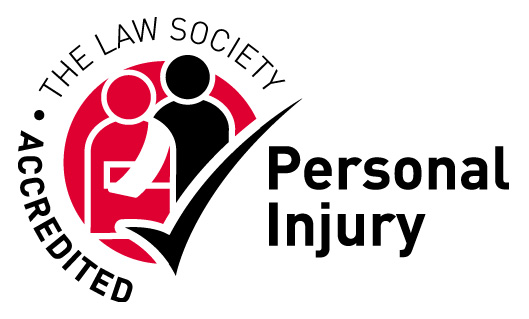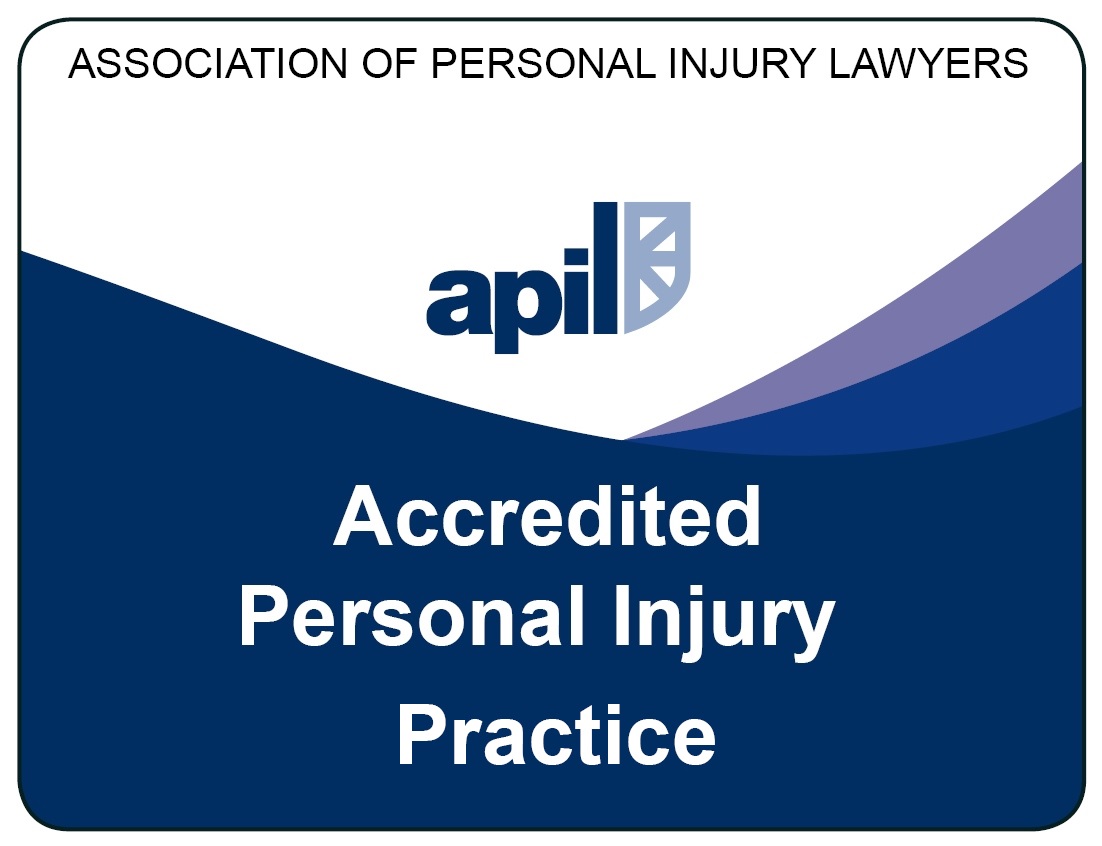



A personal injury claim can cover damages from a car accident, fall or another injury. If you have been injured and suspect you may be entitled to compensation, there are a number of things to consider before moving forward:
Document Everything
Good documentation will prove invaluable if you need to file a personal injury claim. As soon as possible, write down everything you remember about the accident including what happened and how you felt. If you suspect an injury, see a doctor right away and document everything he/she says. Keep track of all follow-up doctor visits and keep a log of the prescriptions you took, doses, doctor’s advice, physical therapy sessions, etc. The goal is to provide a very clear picture of how your condition affected your life, which in turn, can affect the amount of damages you can claim. Take photographs of your injuries at the time of the accident. If you are in a car accident, photograph your vehicle, the other vehicles involved and the general scene. If scarring develops as the injury heals, document this also.
If you suspect you have a personal injury claim, it may be smart to get legal advice before giving written or oral statements to insurance companies, other drivers, etc. These statements become part of the documentation when the case goes to trial, and an insurance adjuster will hope that you say something damaging to your cause so they can reduce the amount of the claim. Your medical records are another type of documentation. You can refuse to let the insurance companies have access to these records, a move with which most lawyers agree.
Determine liability
Liability for a personal injury can be determined if the other party was somehow careless or negligent. Depending on the situation, a property owner, employer, product manufacturer or seller may be negligent. If you as the injured person were also careless in some way, however, or were somewhere you were not supposed to be, this can reduce the amount of compensation you are entitled to (known as comparative negligence).
Calculate the Potential Settlement
The amounts of damages in a personal injury claim are based on two broad areas: compensatory damages and punitive damages. You can research the national guidelines for your specific condition to generate an estimate of what you hope to get out of a settlement. You should not disclose the settlement you are hoping for in negotiations with the insurance company, but having a broad number in mind going in will help you to know if the offer being made to you is reasonable and fair.
Compensatory Damages
Compensatory damages attempt to rectify the situation in the case of a personal injury and attempt to recompense the plaintiff for the injury they have experienced.
As the plaintiff, you need to ask for money to cover damages such as medical costs, loss of income, and property damage. Costs for medical treatment should include any amount already spent, along with estimates for the costs of on-going care, if needed. Loss of income can include any money lost by not being able to work, and your future income – if this income is impacted by the injury. Collecting for potential income lost in the future is known as damages to cover loss of earning capacity.
Less concrete and harder to estimate damages can include pain and suffering or emotional distress. Pain and suffering damages can include the immediate aftermath of the accident as well as any potential ongoing pain caused by the injury. Emotional distress is usually only awarded in very serious cases to cover the psychological impact of the accident, such as fear and anxiety.
Punitive Damages
Punitive damages are designed not to aid the plaintiff, but to punish the defendant for negligence or bad conduct. These damages often have a hefty price tag and are designed to act as a deterrent so that no one else gets injured in the same way. In many cases, there is a cap on the amount of punitive damages.
Settlements
An insurance adjuster will typically begin negotiating by offering a low figure in an attempt to make a settlement. You should refuse to accept any cheque from the insurance company that says “final payment” until you have reached a satisfactory agreement and received the details in writing. The insurance company may be hoping that you are desperate for some money and will accept a much smaller amount than your case is worth just to get things over with. If you feel the offer is reasonable but a little lower than you had hoped, it may just be a matter of a little negotiation and compromise to reach a conclusion that both sides are happy with.
If you have been injured in an accident, it is important to research and know your rights. The guidelines above are just the basics; contacting a legal representative to explore your options can be a very smart move.





